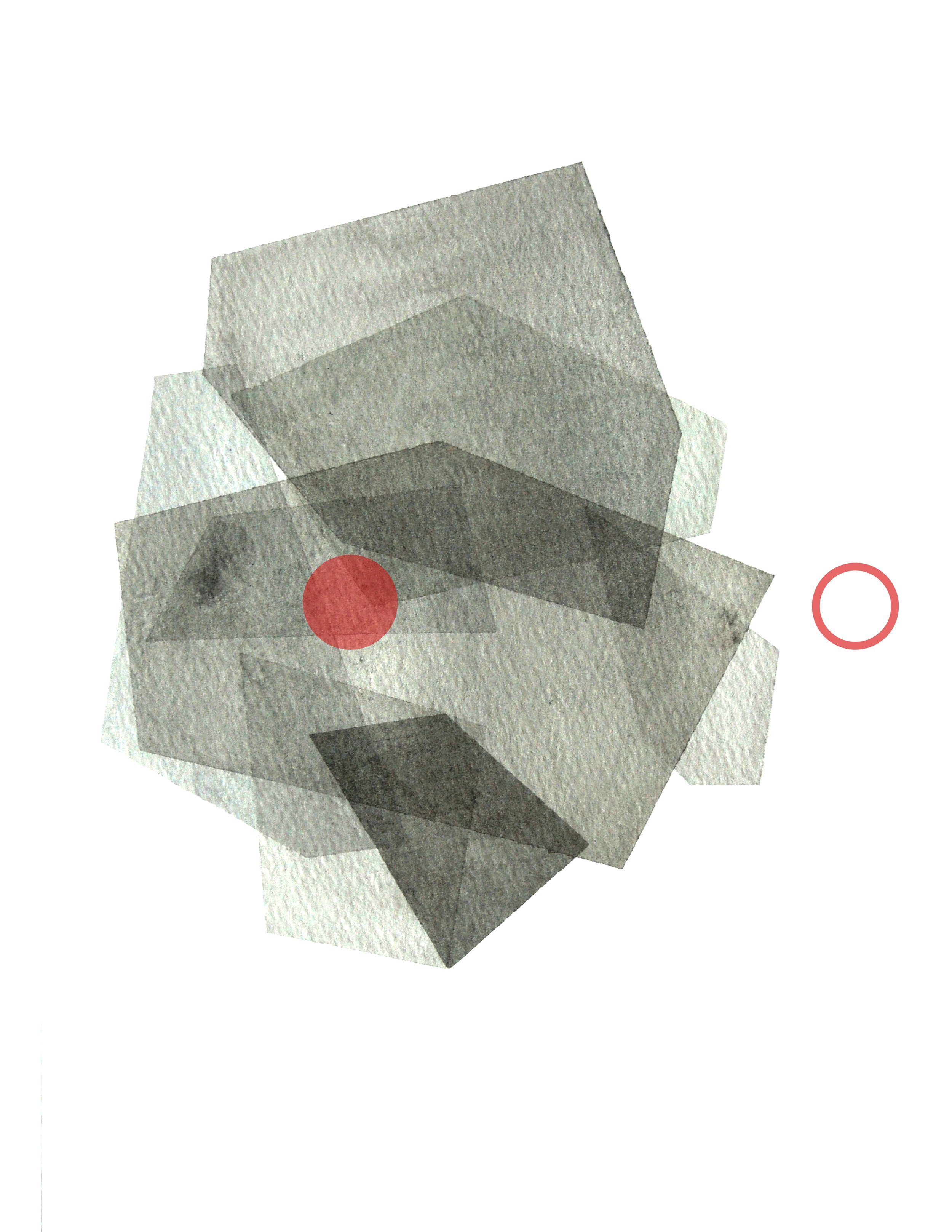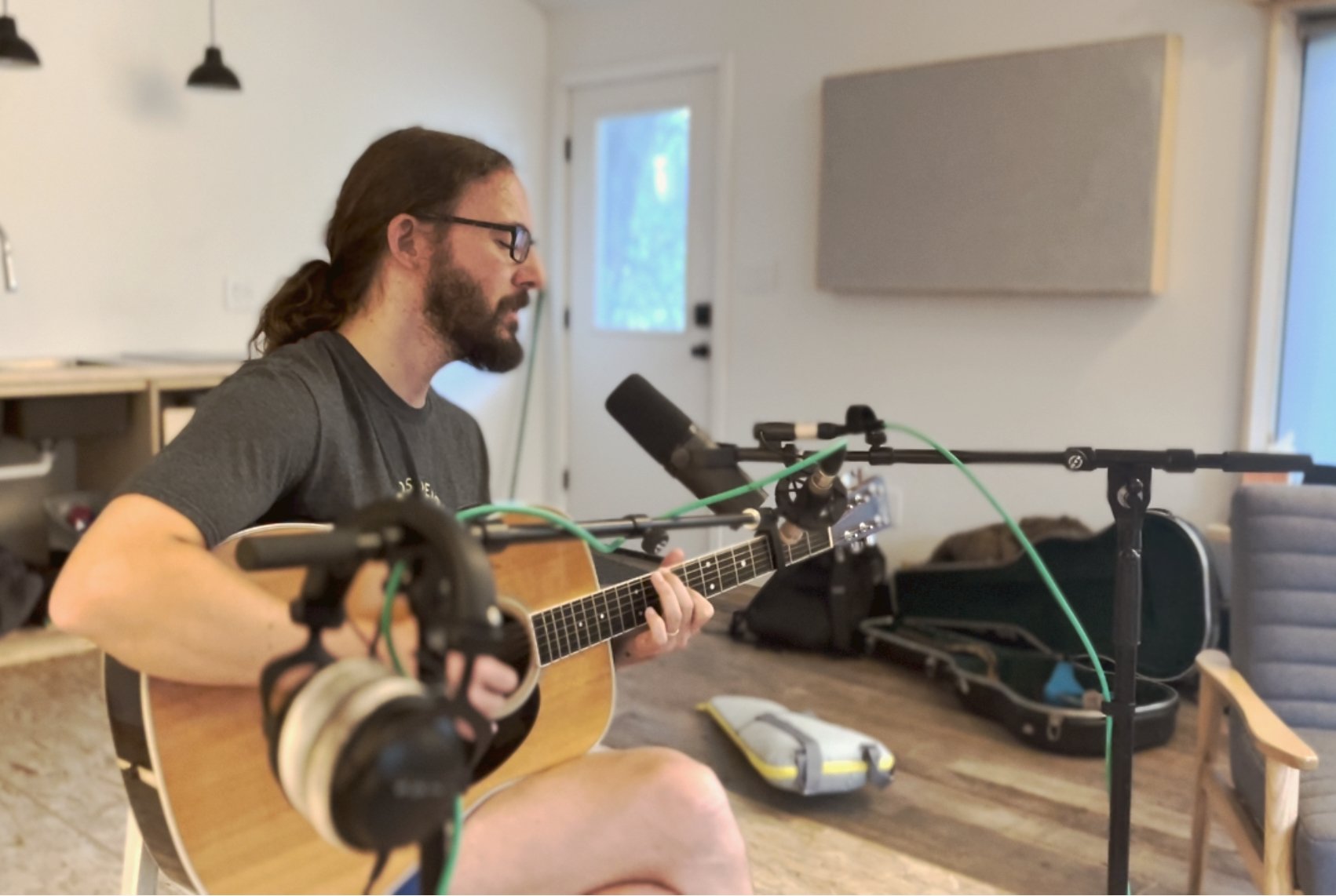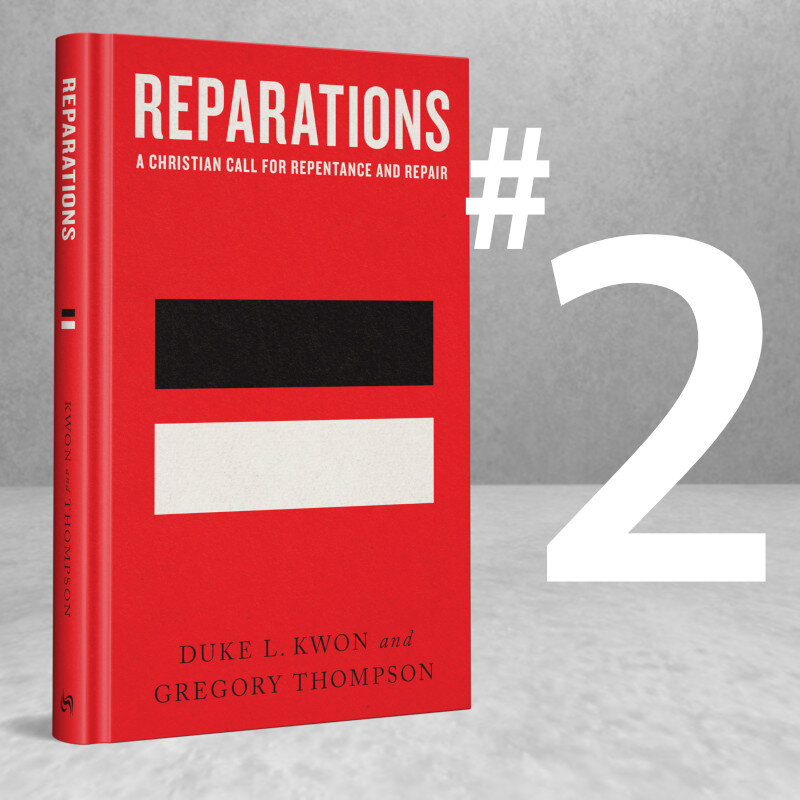To awaken to the reality that there are two predominant stories of America, the story of the black man and the story of white America, this is the challenge ahead of us no matter who we choose on November 3. This has been our challenge from our beginning. I'm going to direct my thoughts here to the specifics of the black man even when I'm concerned for the experience of all black people because it is the black man who has been so thoroughly villainized in our culture as depicted in the 1915 silent film, The Birth of a Nation, and it is the black man who keeps getting shot. We are concerned for Breonna Taylor, yet "Over the life course, about 1 in every 1,000 black men can expect to be killed by police. Women’s lifetime risk of being killed by police is about 20 times lower than men’s risk." (abc news https://tinyurl.com/y5t3spvn)
Who can claim he is woke because there will always be more awakening ahead for each of us. I can't say that I am yet fully "woke," but I can say that I'm in process. My words here may be guilty of virtue signaling, but moreover I attempt in my writing to invite others into the challenge of the critical journey especially as it involves prayer and justice. The remaining energy to support Donald Trump by white, Christians under the banner of "law and order" continues the storyline of white supremacy in America. These are heavy and likely hurtful words, and yet I earnestly offer these words out of love. Avoiding the confrontation between prayer and justice, Christianity and racism would be an act of resignation, a surrender to despair, doubt, and cynicism. It’s my deep faith in the Christ of the church that compels me to share difficult words for a difficult conversation. This is the discipline of being in community, to move toward you in hope rather than away in condemnation. I have been in the humiliating process of dislodging the racist log from my own eye. As I see more clearly, I'm evangelical about wanting to share what I see.
As a spiritual director I am honored to sit with people as truths move from abstract ideas to actionable, emotionally vivid realities. I get to watch people awaken. I've had this experience as a teacher and a pastor. I’ve witnessed students’ eureka moments and parishioners’ maturing. Yet, as a spiritual director I sit with someone for an hour watching and listening to a much more particular depth of a person's inner being, the subtlest inner emotional and mental movements.
I know how slow and even precarious awakening can be for a person, so I can give most of my white community the benefit of the doubt when it comes to their understanding of the black man's story in America. I have tangibly watched how difficult it is for a person to awaken to the height, depth, width and breadth of the Gospel truths that they already say they believe. I've seen how difficult it is for a person who call herself “Christian” to move from the Gospel as an idea to actively participating in the Gospel as an ever deepening, transforming, crucifying, and enlivening, daily hope.
So when it comes to the real and awful story of the black man in America, it is excruciatingly difficult for white people to even conceive that the black man has his own separate story, that that story has always been and still is a story of oppression; and of course it’s even more difficult for white people to understand how we are the central cause of the black man's suffering.
White people have swept slavery, reconstruction, jim crow, redlining real estate, white flight and the abandonment of urban centers, the war on drugs, economic disparities, the school to prison pipeline, the injustices of our criminal justice system—whites have swept this oppression into little boxes inside our heads and hearts. We keep the doors of these boxes closed with a variety of explanations and various levels of willful ignorance. This is the white supremacy we are still guilty of today. We may not be wearing hoods and burning crosses, but we are white supremacists when we continue to keep our hearts and minds actively ignorant of the story of our neighbor, the black man. This is my ego staying busy and preoccupied with my self-importance. I am self-important. I am supreme, at the center of my universe. I am unable to open myself and to be present to the suffering around me. I have no idea what a black person really goes through each day. My closed hearted way of life is expressed through, projected through my whiteness. I don't know any other way, but that doesn't excuse me as a Christian because I've given my life to the cross, to die to myself so that I can be filled with the life of Christ and love my black brother as myself.
In his book Breathing Under Water, Richard Rohr offers a Christian perspective on the Twelve Steps, and he begins with the truth that we are all addicts. What are we addicted to? Each of us is essentially addicted to our own way of seeing the world. All the culturally illicit addictions, "drugs, sex, and rockn' roll”—these are means of keeping ourselves numb and closed so that our small way of seeing the world cannot be threatened. Staying on the internet too much, workaholism, shopping, even do-goodism-busyness can keep my heart and mind on one track, preoccupied, closed. What we can conclude is that we are addicted to being white, and we have built our lives around the discipline of protecting our addiction to whiteness. Anything that threatens our white identity is criminal.
Jesus' transforming work is an agonizing process of becoming less addicted to myself, less addicted to my whiteness, and to become more and more other-focused so that love of God, love of the black man, and love of myself are all integrated into a freedom of wholeness. This is the only path that will lead to law and order, decentering openness, a surrender of my ego powers, an embracing of those wild things I don’t understand and can’t control, surrender to a wild God and a world of beautifully wild possibilities. This is why Moby Dick, the whale had hieroglyphics and wrinkles on his forehead. This is why Ishmael smokes in bed with Queequeg, the savage. This is why Huck and Jim were on a raft floating down the Mississippi. It’s why Elvis stole rockn’ roll from Chuck Berry, why we love Michael Jackson and Michael Jordan, and why white kids in the suburbs listen to gangster rap. We want to love black America. We are already obsessed with black America, but we still want to keep them in their boxes on that other side of town or on ESPN, on the court or field but not close enough to threaten our control.
You may have heard early on in our quarantine the sentiment, "let's not go back to normal because if we go back to normal, we will not learn what Covid-19 is here to teach us." The restlessness of quarantine put America in a posture where we can pay better attention to the story of the black man especially after the killing of George Floyd by a police officer. We have a new opportunity to draw close and love our black neighbor. Yes, the protests across the country have resulted in violence. Some of our neighbors are acting out. However, it is possible for us to not condone the violence while at the same time loving the black man enough to listen to what he is trying to tell us, to learn the long story behind why he is acting out.
I recall a time with a former black, Hope College student who seemed to be holding back and was conflicted while wanting to speak honestly with me. I encouraged him to come out with it, to say what he had to say. That was the first time I was introduced to the damned if you do, damned if you don't experience of black people. The student explained: "I can't afford to be an angry, black man. No one wants an angry black man." My awakening since has to do with coming to terms with the reality that when a black man gets angry, he is labeled a thug and is criminalized. His anger proves to Americans addicted to their whiteness that that the black man is the boogeyman, a monstrous threat to law and order. This is the reason behind the 13th Amendment. The reason why black had to sit at the back of the bus, why they sometimes could only get food from the back of the restaurant. It's the reason why 40% of the United State's prison population is black even though blacks only make up 12% of our entire population. This is the reason why we made dividing lines between black and white neighborhoods and schools. It’s why we then left for the suburbs, and why we won't pay the black man equal wages. This is why we are seeing a surge of support for Donald Trump. It's why anyone would confuse him for a defender of faith and a keeper of law and order. We are protecting our small, white world from the threat of the black man. Of course, James Baldwin says these things with the appropriate authority and with more precision: “If any white man in the world says, ‘Give me liberty or give me death,’ the entire white world applauds. When a black man says exactly the same thing, he is judged a criminal and treated like one and everything possible is done to make an example of this bad n----- so there won’t be any more like him.”
My steep learning curve in all of this has led me to discern that the Invitation School of Prayer this year must engage the story of the black man while we study and practice contemplative prayer. In his book Jesus and the Disinherited, Howard Thurman sees the resonances between the oppression of the black man and the oppression of the Jews under the heel of Rome: "[Jesus] words were directed to the House of Israel, a minority within the Greco-Roman world, smarting under the loss of status, freedom, and autonomy, haunted by the dream of the restoration of a lost glory and a former greatness. His message focused on the urgency of a radical change in the inner attitude of the people. He recognized fully that out of the heart are the issues of life and that no external force, however great and overwhelming, can at long last destroy a people if it does not first win the victory of the spirit against them."
I've been trying to discern which biography of a saint we should read in the School of Prayer. Each of us needs to imagine what a transformed life looks like on this earth. We need to pay attention to, to immerse ourselves in, and admire the witness of an enfleshed spirituality, a model of what contemplation in action looks like on the earth. Covid-19 is pointing us to see that the black Christian witness in America is exactly this, exactly the white church's greatest opportunity to see what it looks like to persevere in faith even while you are a minority in a strange land with little status, freedom, and autonomy, haunted by your former greatness. So, this year we will be reading Howard Thurman's book as well as The Cross and the Lynching Tree by James Cone.
We have defined the mission of the Invitation as a practice of spiritual direction invigorated by the movements of the Holy Spirit in a prison. I've said that I'm on a mission to serve the church through the prison and that it’s not that I bring Jesus to the prison. It's that I discover the Jesus who is already in the prison with my brothers there. Everything else I do as a spiritual director, podcaster, retreat leader, teacher is inspired by how my faith is stirred and enlarged in the prison prayer practices. I'm awakening to the truth that this prison spirituality is the same story of the faithful black Christian witness in America. I can’t be in the prison with my brothers right now, but I can love them from afar and continue this journey of awakening by putting Fr Laird into conversation with James Cone and Ignatius of Loyola into conversation with Howard Thurman.
I am aware that some who have already expressed interest in the School of Prayer this year may be reluctant to add this story of the black man to our journey this year. I’m sorry for the surprise. I’m learning and growing so much each day. If we don’t end up with enough people to carry the School of Prayer this year, that will be okay. I’m also aware that publishing these words may affect the Invitation and myself personally in troubling ways. I’m already exhausted when I consider November 3 and the possibility of another four years with Donald Trump. Either way, I’m exhausted by the Trumpism that will remain even long after he leaves the White House. Yet, I’m deeply inspired by the persistent, faithful witness of black Christians who have persevered under a much longer, much more difficult weight of oppression. When I consider the experience of the faithful black church, I am humbled and see how shifty and weak my faith can be when I so easily grumble. And now here we are back again at the purpose of God in all of these things, that I may be humbled, emptied, weakened even, and less self-reliant so that I can be filled with Jesus and live each day in and through the Holy Spirit.
Amen























